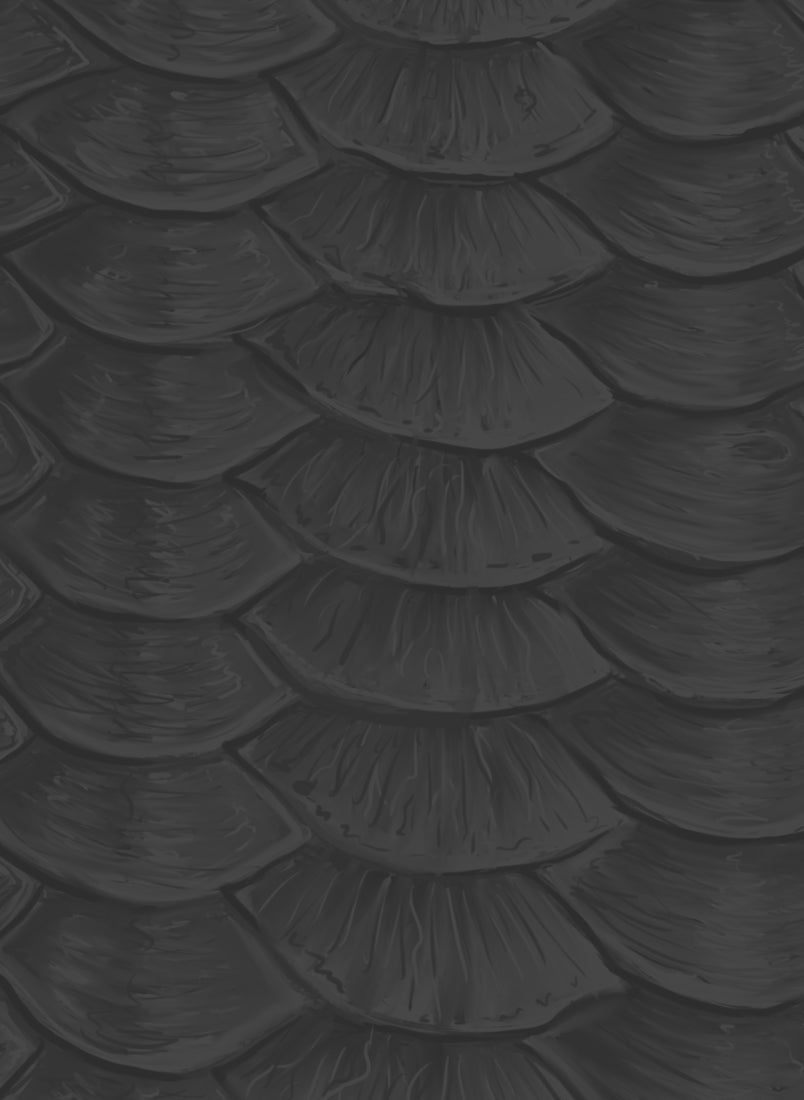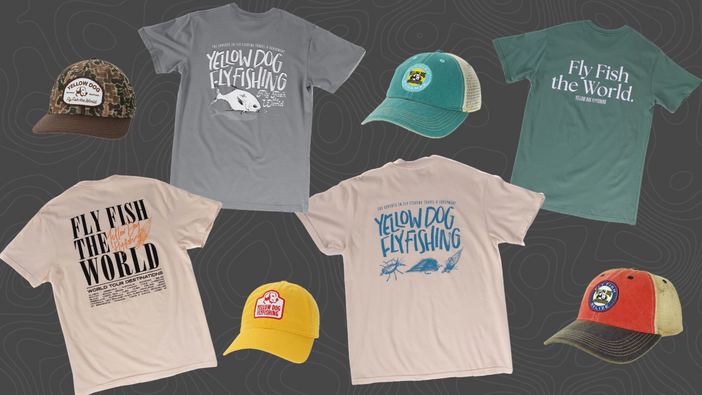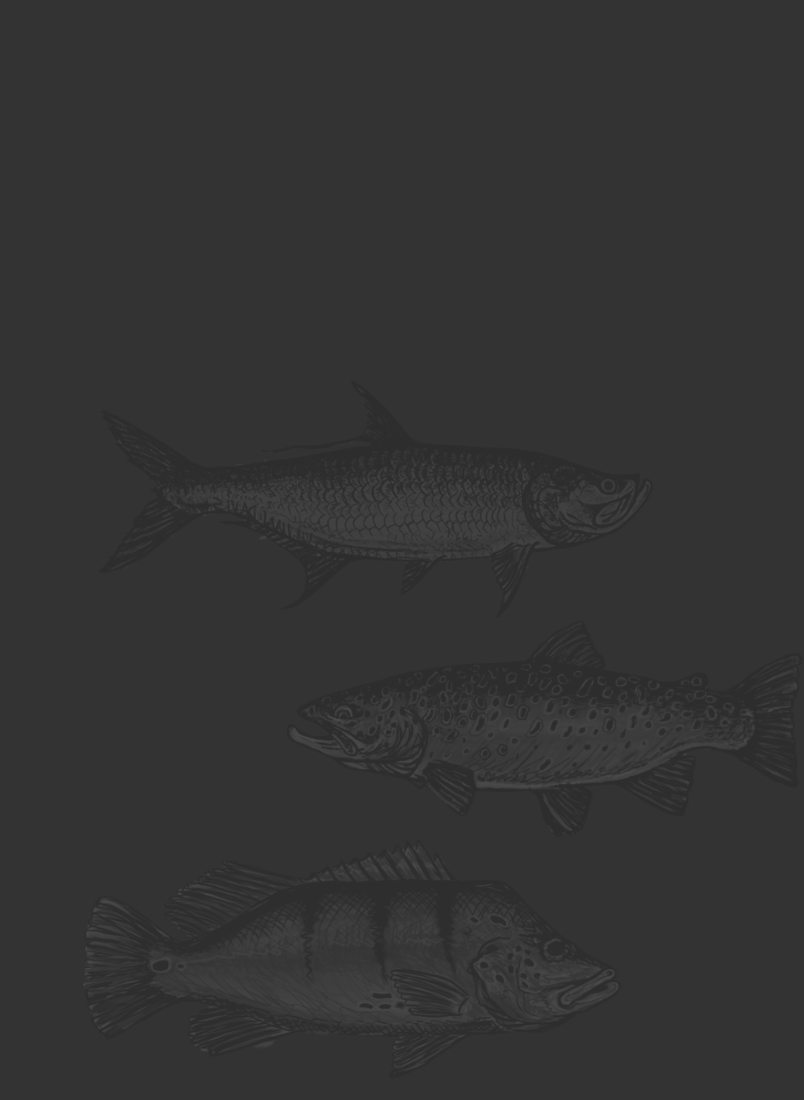The fall season is one of the most overlooked times of the year for The Bahamas, but can also be one of the most productive. Most anglers view the springtime as the peak window for visiting, but the fall months can produce some of the best fishing of the year.
+ Listen to this WAYPOINTS Podcast: Rob Neher - Fly Fishing the Flats of Grand Bahama
Larger bonefish, permit opportunities, and low angling pressure make it a great time to visit. Furthermore, lodges and guides eagerly await guests' arrival as the slower summer months wind down. Yellow Dog works with an extensive list of lodges in The Bahamas and has spent hundreds of days on the water with their guides.

Bigger Bones
As temperatures cool, conditions for larger bonefish can improve. Found in both singles and schools year-round, the cooler water gives anglers targeting larger fish an advantage. More mature fish can acclimate quicker to dropping water temperatures due to their larger body mass. In doing so, the larger fish can move out on their own in search of prey and improve their feeding chances by leaving the pack behind.
Imagine this scenario: Standing at the bow of a skiff in Andros or Grand Bahama, fly in hand, scanning the expansive flats beyond. The fishing has been good, but some bigger fish would really cap off the week.
"12 o'clock, 100 feet," your guide says quietly and uses his push pole to turn the skiff starboard in preparation for your cast.
"Big fish on the left of the school, at least eight pounds, maybe ten. Sixty feet, make a cast." your guide says, hoping you can spot it.
All of those hours of trip planning, tying flies, gear preparation, casting at the park, and money spent come down to this moment: the fish you had hoped for. Miraculously, the fly lands like a feather three feet in front of the cruising fish. It doesn't spook, and within seconds it will reach our fly.
"Tick it," your guide whispers, and you do so robotically, trusting his instinct.
"Here it comes," he whispers louder, the tension rising in the boat. The trophy bonefish tails up on your fly, preparing to eat, only for a one-pound juvenile to peel off the pack and inhale the fly first.
This is not an isolated incident--it happens all the time. One of the biggest benefits of fishing in the fall and winter is finding bigger fish on their own. While smaller fish will generally be schooled up in the warmest water they can find, the larger body mass of bigger bonefish allows them to acclimate better to cooler water more quickly. You can often avoid the nightmare above by fishing in "cooler" temperatures and find those trophies all on their own.
Tarpon and Permit Opportunities Can Occur
The consistency of finding these fish in the fall is debatable—guides in the Bahamas remain relatively tight-lipped regarding days with plentiful shots at these two gamefish.
Permit fishing in the fall months can be some of the best of the year. While also receiving less pressure, larger tidal swings around the fall equinox mean plenty of water movement: a must for permit fishing. Anglers often focus on the spring months and pick out the best tides years in advance while ignoring the tides in the fall. By the end of fall, water temperatures will likely slip downward, and permit will be harder to come by.

Guides and Staff are Laid-Back, Yet You Can Get More Personalized Service
Because the masses of tourists have been absent for months, visitors to the Bahamas in autumn experience this friendly country in a fresh light. Known for friendly service and a welcoming attitude year-round, Bahamians tend to be even more laid-back in the fall season—lodges and guides are not running at full capacity, so your fall fly fishing trip is even that much more personalized.
Weather is Comfortable
Success in saltwater fly fishing is often entirely dependent on localized weather patterns. But the Bahamas in the fall provides relatively consistent weather compared to summer heat or the potential for a cold front in winter. Autumn weather here is some of the most enjoyable of the year.
There is no doubt the most overlooked dates on the Bahamas angling calendar are September through November. This isn’t because of poor conditions or lousy weather patterns; it is simply because general trends for travel lean on the lighter side. Kids are returning to school, parents are looking to save up for the next summer trip, and some anglers are turning in their rods for hunting season.
In fact, conditions can be ideal in autumn. If anglers are willing to give up the lights on Friday nights or tailgating on Saturdays and Sundays and looking to combine fly fishing for large bonefish with shots at trophy permit or resident tarpon, they could not pick a better season.
Spring is a popular time in the Bahamas—in the U.S., people are excited to get away after a long winter, the winds can be relatively calm, and tides are consistently favorable for fishing. Like spring, fall in the Bahamas features consistent tides and winds. For anglers, this is a good thing; plus, since the summer season is the least busy season of the year, the flats have been relatively absent of anglers, kayakers, and beach-goers. If this sounds intriguing, contact us today!

Related Articles:
- The Top 5 Bahamas Family-Friendly Destinations
- How to Pick the Best Fly Fishing Destinations in The Bahamas
- Fly Fishing For Trophy Bahamas Bonefish in the Winter
- A Brief Guide to Fly Fishing for Bahamas Bonefish
- A Guide to Fly Fishing Andros, Bahamas
- Bahamas Recommended Gear Guide: Everything You Need





























